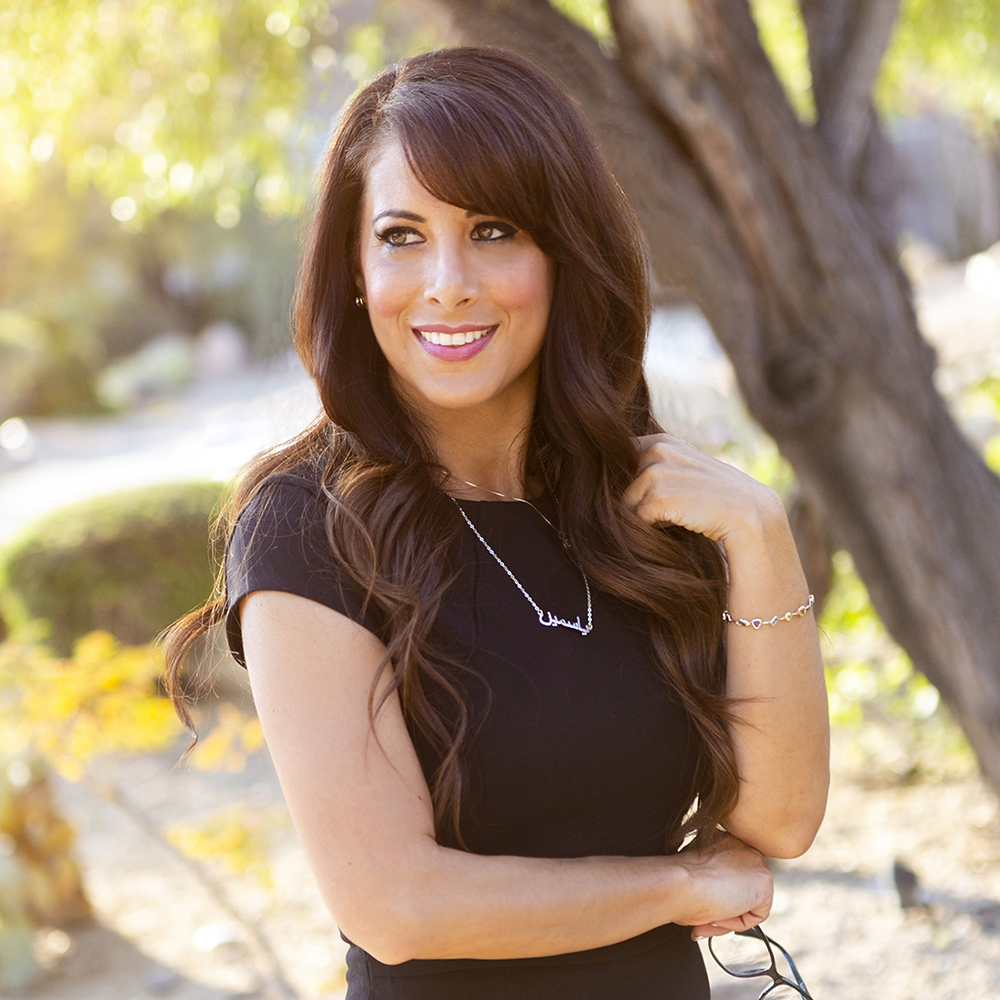I recently made a return trip to Iceland with my group of traveling female photographers. It was a pleasure to explore the island and along the way meet, interview and photograph so many local Icelandic women on their thoughts about living in the world’s best country for gender equality.
As of January 1st of 2018, Icelandic law went into effect where any company with 25 or more employees, must receive government certification they are paying men and women equally for the same job. It’s a landmark law, which further pushes Iceland ahead of any other country in its quest to make genders equal throughout their society.
When I returned recently, I visited the northern and western parts of the island, and this time had the opportunity continue my project of meeting, interview and photograph local women, (you can see last year’s project here). Only this time it was imperative to get their opinion of the new lew. Here is a collection of some of those interviews.
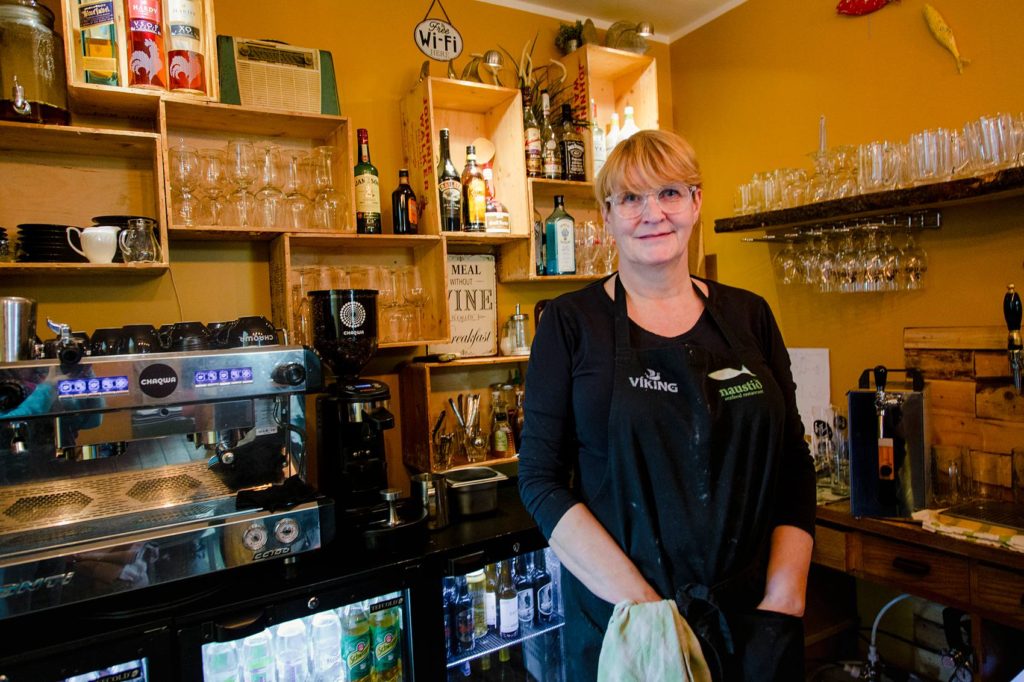
“Being a business owner, of course, we feel a little bit different how we’re treated, as if we are men. I feel treated a bit differently financially. Maybe it’s more of the older generation; they will first turn to my husband if he is with me, about this business which he has nothing to do about. And same with my sister in law because her husband lives here in town and he gets all kinds of requests about this business but he is doing totally different business. But people turn to the man. It’s like some people, some don’t grab the idea that it’s just owned by two women, not two families. So ina way it’s like it’s a family business and we work here. And people really have to realize that we work here because we own it, not our families.
We have always had equal pay. And Ithink if a business is owned by a woman, it most likely has always been equal pay. So also in the smaller businesses, it’s difficult. Like in our business we have 18 people working here and they’re young. And they’re friends, and they speak together, so everyone knows everything, about everyone. Same in Husavik, a small town, everyone knows everything. So we have always made a point on having, it doesn’t matter, boy or girl, you get the same pay for the same hours.
I think for different businesses, for the restaurant businesses, you have equal pay. More likely than if you are in a factory, or like some shops. For man gets better paying jobs and it’s usually based upon them being stronger. I also worked with disabled people, and there the man always get higher pay. But they also have the more difficult patients. They have the patients that you have to lift, and also they have the patients that have a temper. Because we just couldn’t handle them physically. So in a way it’s understandable. They took the really, really difficult cases.
Here in Husavik I think also in general in Iceland, a lot of women chose to work not full 40 hours. I feel it is more with older women who do not have children, small children anymore. And they don’t’ work on Fridays. So they have a part time work. And it’s like they want to have this extra day, house, you know, go and shop and do whatever it is they need todo. Maybe it’s less valuable person if you’re not available for 100% job. But it’s just something I’ve been thinking about. I don’t know if it’s really like that,but I worked some places where it’s difficult to keep full service on Fridays because so many of the employees don’t work. “
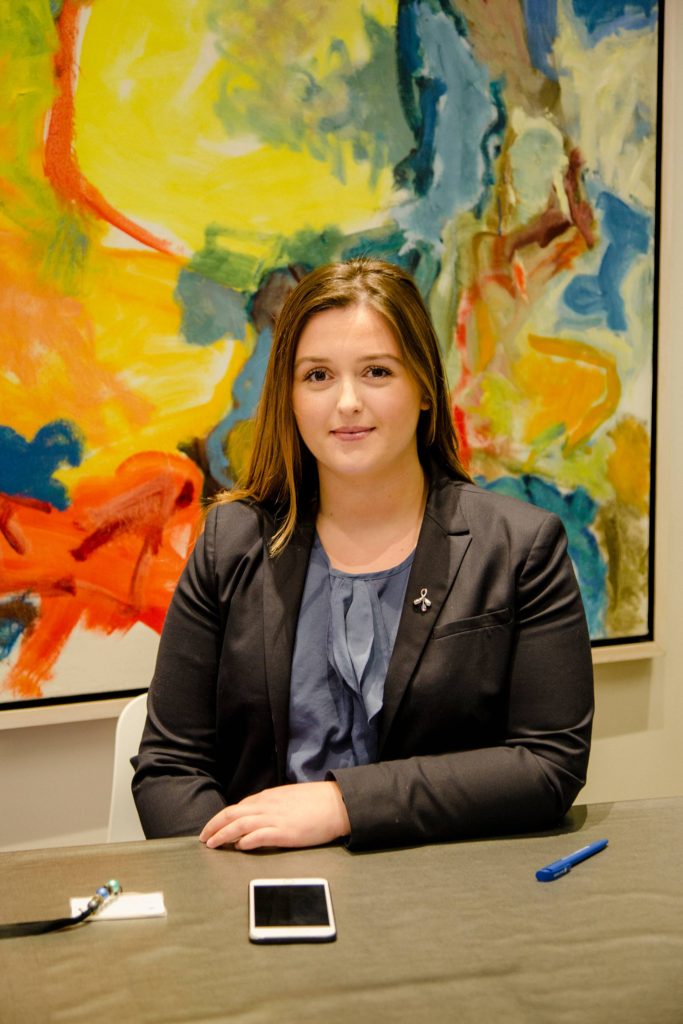
“I think that we are in a really strong position here in Iceland because the voice of the woman is very strong here in Iceland compared to other countries. I come from a country called Kosovo so I can see the difference between these two countries. Kosovo was in a war 20 years ago so they are still trying to progress in many other aspects, but we can see a difference between here in Iceland compared to Kosovo. I think compared to the countries in Europe we are in a strong position even though we are still fighting for our rights. I think Iceland is like the country to be admired in this terms.
I think the new law is really great because I used to work in a restaurant, a few restaurants where the male waiters were paid like a lotmore, and even though I had been working there a few years and had longer years, but just because he was a male, he had a right to get more paid. And it was like not reason behind it, just because he was a male and asked more about his salary and to be paid more. And I thought I only deserved it if I did a good job. I thought that the managers would appreciate me and raise my salary by themselves, not me only applying for the raise.
When I started working here at the bank, the bank already had this agreement, because they have more than 25 people working for them, so they already had it, the certification. Even though the law for certification is in process now, the bank already had it and I was really proud of it. We are not supposed to talk about our salary in our work,but there was a guy working here and he told me his salary and I was like,okay, we are equal to his pay. I was really proud to be a part of this company that has these rights.”
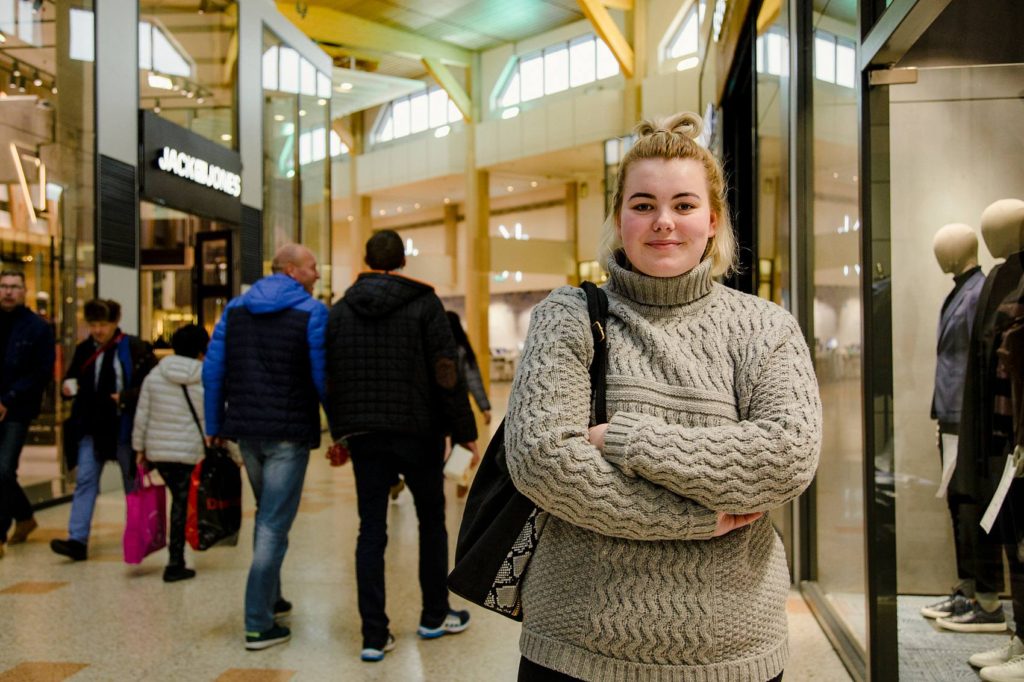
“I like it here. I work for a company where we get the same salary. So I think it’s fine.
I’m 19. I like it here. I’m really into, like my brothers they like to paint their nails, and it’s never been a problem. No one makes fun of them atschool. So I really like it because I have family that lives in American and it’s strict, you can not do it there.
I like the new law. I want people to get the same. For some of my friends it affects them. I have some friends that are against the law. They don’t care about women getting paid the same. They are men. I don’t know, I think some of them grew up in that kind of household. And most of them have moms that don’t work. The fathers just pay the bills and they stay at home. These are the people that don’t care about it.”
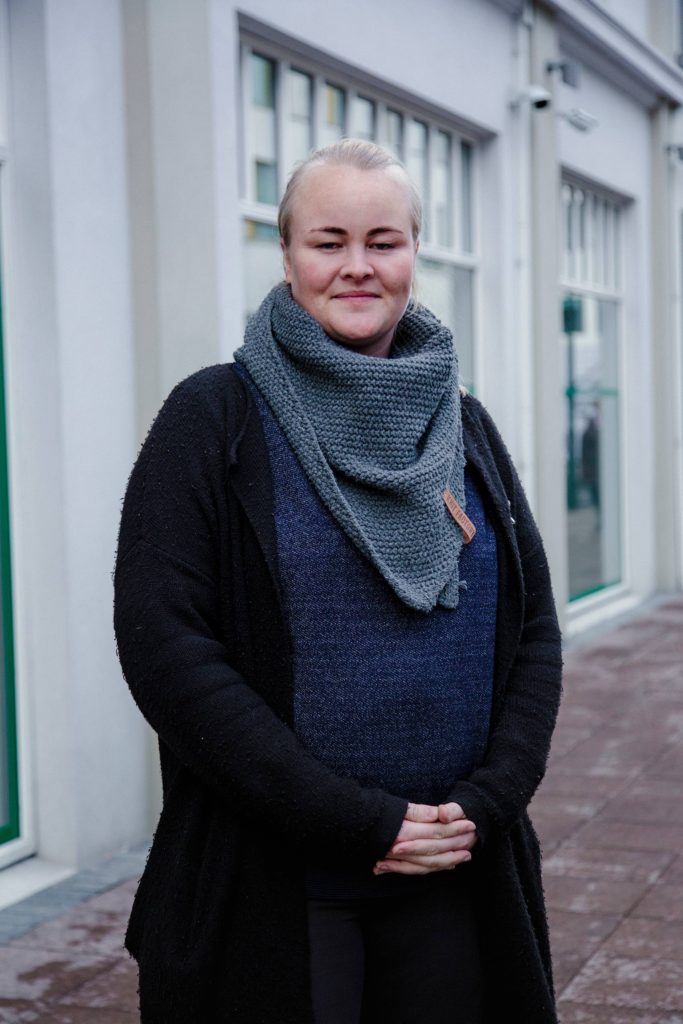
“I think it’s really good. We have really good opportunity to grow as a person; it doesn’t depend upon a person’s gender. You can just do whatever you like and yeah, I think it’s really good.
I work for the government; I’m really happy about it and we can really see that everybody is trying to do the best in this, matter. So I think it’s supposed to be like this everywhere in the world. It’s not supposed to be something special, it’s supposed to be normal. I don’t think companies are now hiring differently. It has been like this so long in Iceland that we have been talking about equal opportunities about men and women, so no I don’t think there’s any chance, especially because you can see it in the university. There’s so many girls graduating; it’s more girls than boys graduating.
We also have this good, everything about having children. It doesn’t matter if you’re in that age where you’re going to have children. Your job security is good. You got maternity leave is good; now it’s 3 months for the mother and 3 months for the dad, and 3 months that they can share. So usually the mother takes 6 months and the dad 3 months. But now they are talking about changing it to 5 months for the mother and 5 months for the dad and 2 months they can share. They are also making sure that the mom and the dad aretaking, or both persons, I’m going to always say it is the mom and dad, but that both parents are taking that time off for the first year of the children.“


